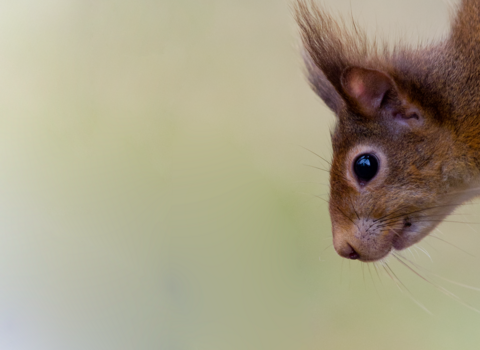
©Gillian Day
Mute swan
One of our most iconic waterbirds, the mute swan is famed for its grace and beauty. It is also considered to be a romantic of the bird world because partners form a perfect love heart with their necks.
Scientific name
Cygnus olorWhen to see
January to DecemberSpecies information
Category
Statistics
Length: 1.5mWingspan: 2.2m
Weight: 9-11.5kg
Average lifespan: 10 years
Conservation status
Classified in the UK as Green under the Birds of Conservation Concern 5: the Red List for Birds (2021). Protected in the UK under the Wildlife and Countryside Act, 1981.
Habitats
About
The mute swan is one of the most familiar birds in the UK, its long, curved neck and graceful glide a regular sight on our waterways and waterbodies. Mute swans feed on plants, particularly waterweed. They usually mate for life, but some will have numerous partners.How to identify
The only common swan in most places, the mute swan is easily recognised by its all-white body and its reddish-orange bill that has a large black 'knob' at the base.Distribution
Found throughout town and countryside, on canals, ponds, lakes and rivers across the UK.Did you know?
A female swan is known as a 'pen' and a male is a 'cob'. Both males and females are involved in parenting; the cob will guard the nest while the pen leaves to feed, but will not incubate the eggs. Both parents are devoted to the cygnets, which, with their downy, brown fluff and short necks, do indeed look like the 'ugly duckling' of the rhyme! However, they soon grow into their adult plumage.Watch
Mute Swans (https://vimeo.com/447522584/0c611ac459)
Mute Swans by Tom Hibbert
What to feed swans
If you're feeding swans then they love eating things like sweetcorn, potatoes, lettuce, oats and seeds. Food should be thrown into the water. Bread is not so good as it can cause dietary problems. It might be tasty - but it's not nutritional!




